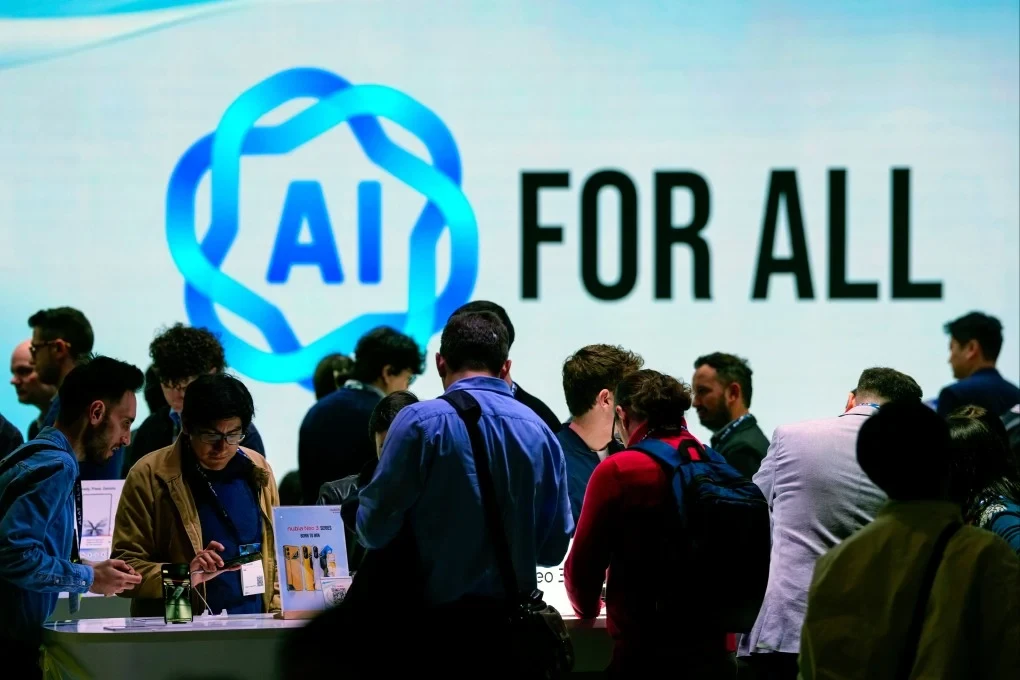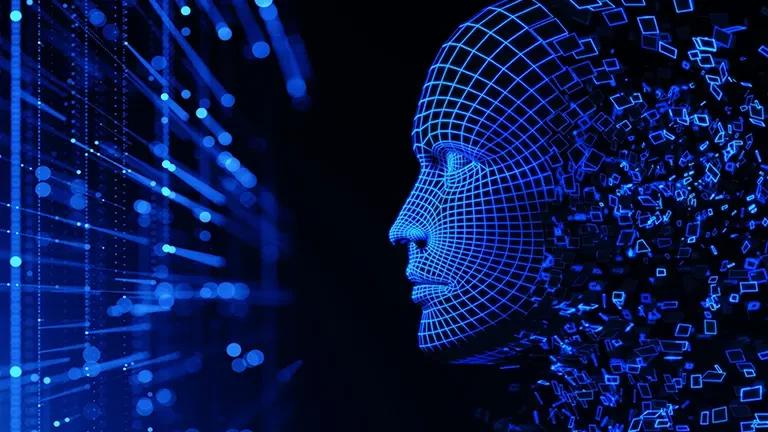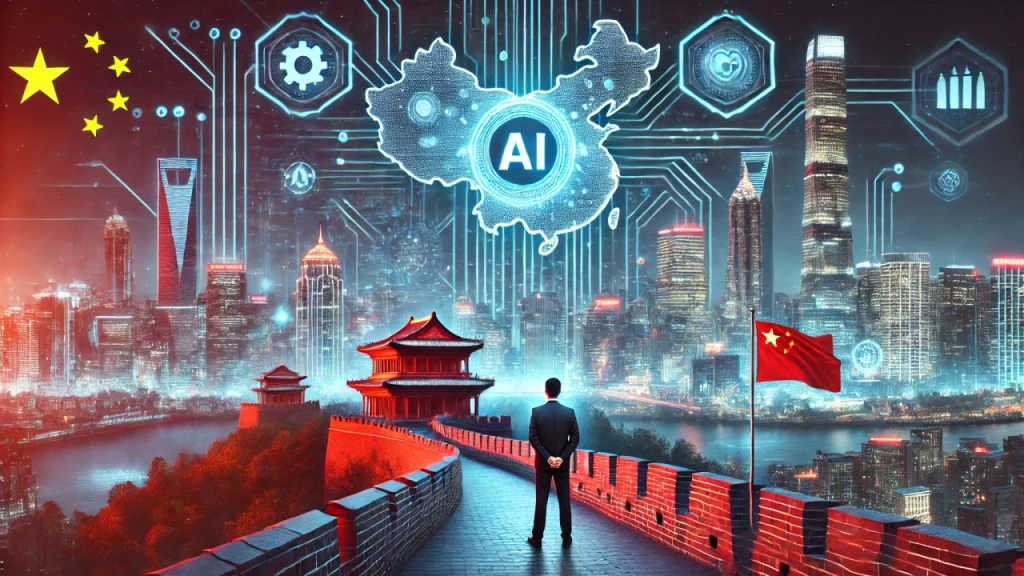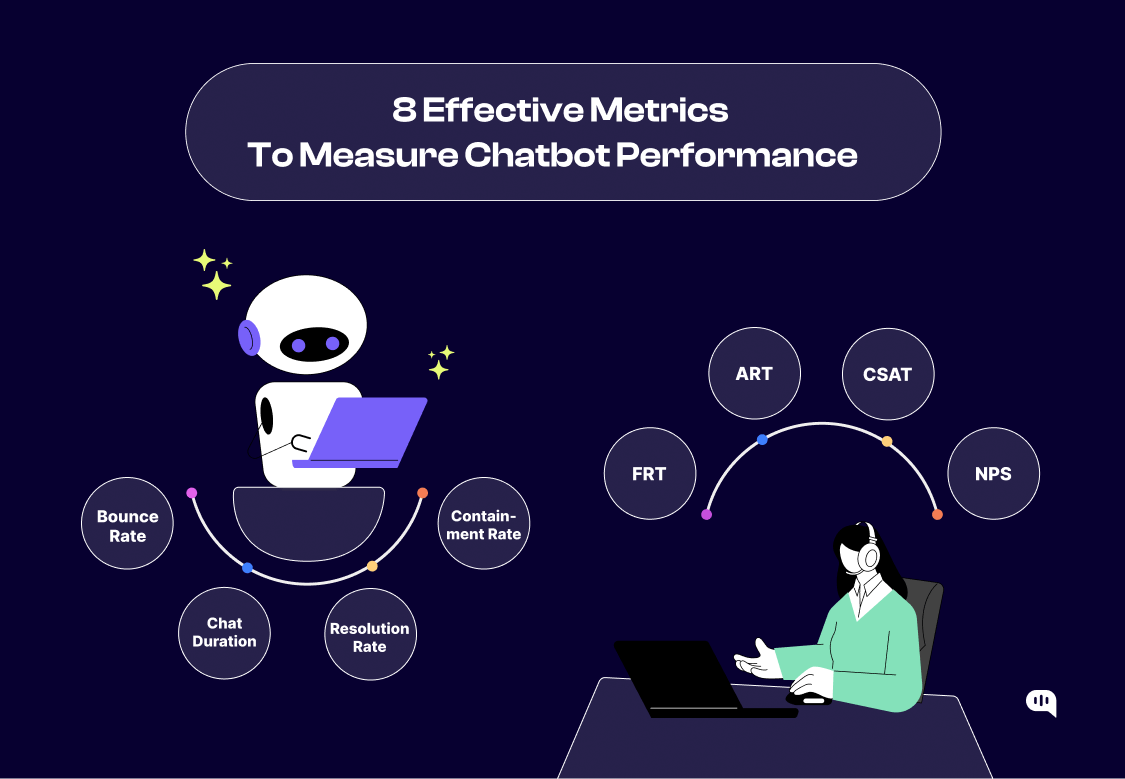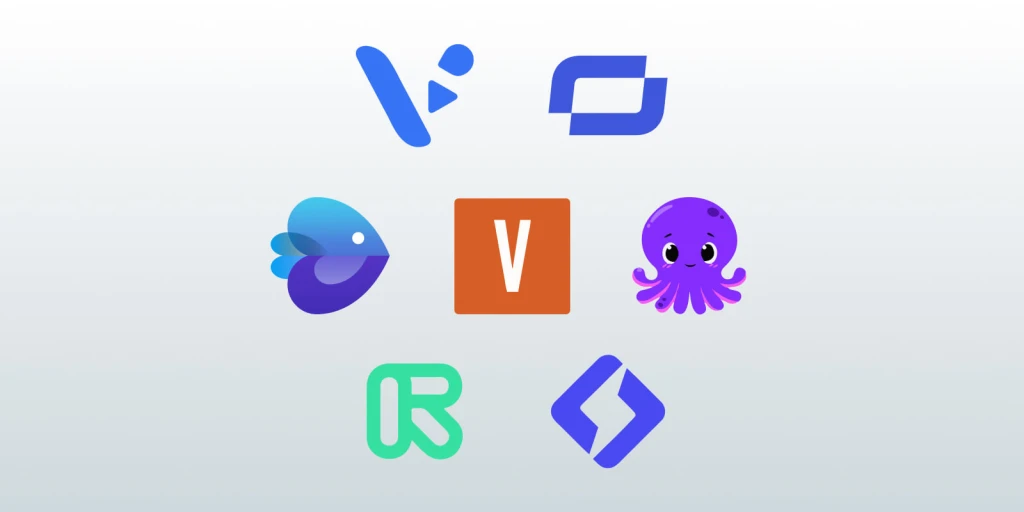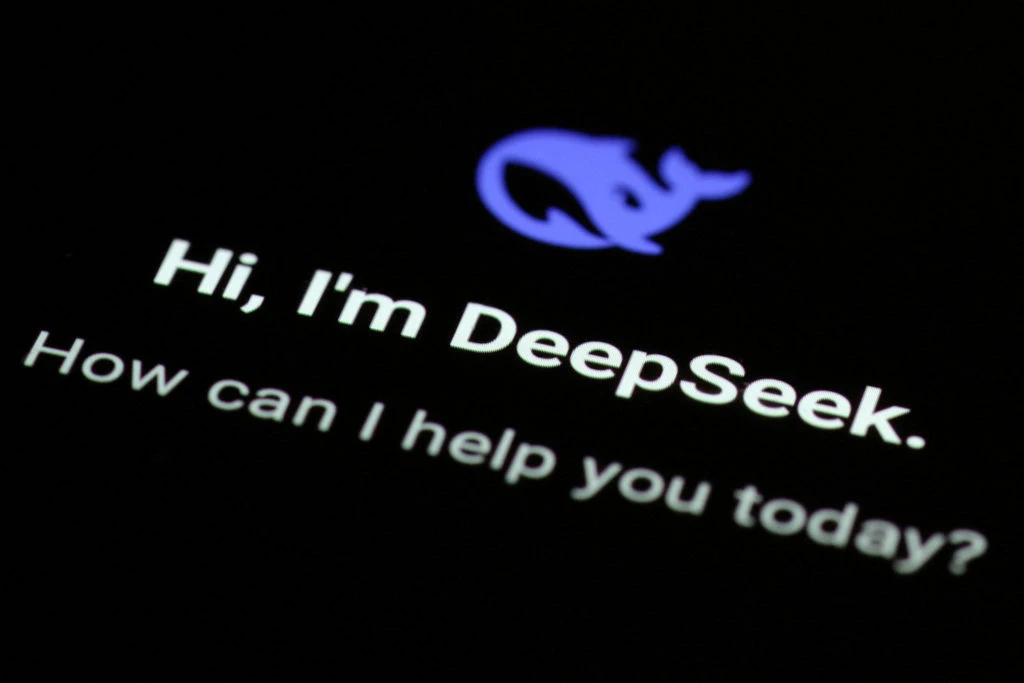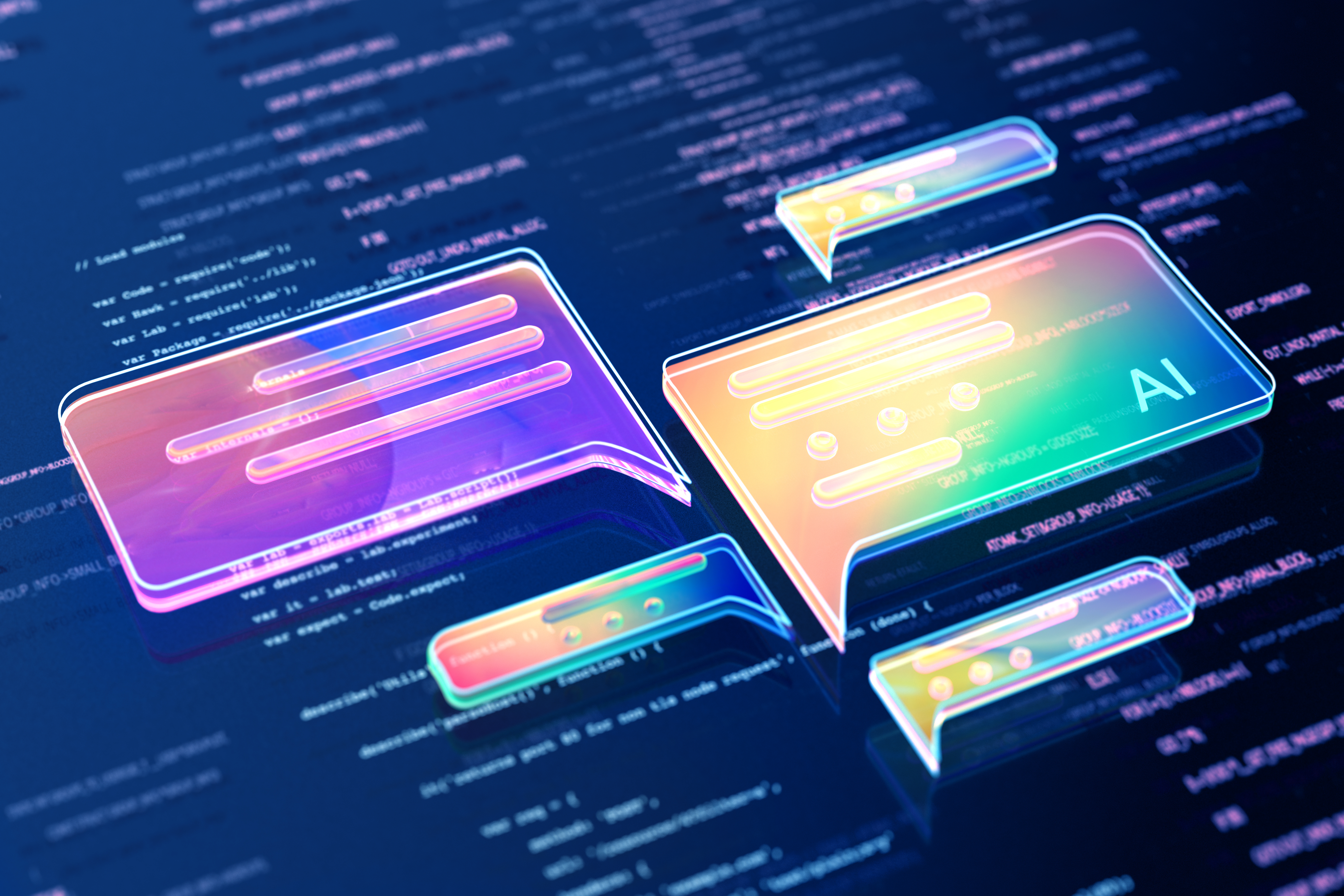Test AI on YOUR Website in 60 Seconds
See how our AI instantly analyzes your website and creates a personalized chatbot - without registration. Just enter your URL and watch it work!
1. Introduction: China’s Breakthrough in AI Agents
This blog explores what Manus is, how it compares to DeepSeek, and what it means for the future of AI agents in global technology.
2. What is Manus? China’s New AI Agent
1. Key Features of Manus
Autonomous Task Execution: Manus can complete complex multi-step tasks without human intervention.
Enhanced Contextual Awareness: Unlike traditional AI chatbots, it retains and analyzes long-term memory for deeper interactions.
Integration with IoT and Smart Systems: Manus is designed to control smart cities, enterprise workflows, and automation networks.
Multi-Modal Interaction: Supports voice, text, and visual processing, making it a versatile AI assistant.
2. Why is it Considered a ‘DeepSeek Moment’?
DeepSeek was a milestone in AI logic and structured reasoning; Manus aims to be a milestone in AI agency and task execution.
It shifts AI from being a passive assistant to an autonomous decision-maker.
Its development signals China’s growing leadership in AI innovation.
3. How Does Manus Compare to DeepSeek AI?
1. DeepSeek AI: Mastering Logic and Structured Reasoning
DeepSeek specializes in logical problem-solving, structured responses, and algorithmic thinking.
Ideal for coding, data analysis, and structured query handling.
Focuses on accuracy and structured information processing.
2. Manus: AI for Autonomous Decision-Making
Manus excels in real-world task automation and adaptive learning.
Designed for enterprise automation, smart assistants, and AI-driven infrastructure.
Focuses on executing tasks rather than just generating responses.
4. The Global Impact of Manus on AI Agents
1. AI-Powered Business Automation
Enterprises can use Manus for automated workflows, intelligent scheduling, and operational efficiency.
AI-driven analytics and forecasting can optimize supply chains and decision-making.
2. AI in Smart Cities and Infrastructure
Manus can manage energy grids, traffic systems, and security networks.
AI agents will play a key role in urban planning and sustainability.
3. AI Ethics and Regulation Concerns
Autonomous AI raises concerns about accountability, security, and ethical governance.
Countries must establish clear AI policies to prevent misuse and ensure transparency.
5. The Future of AI Agents After Manus
1. AI Agents with Enhanced Personalization
Future AI agents will adapt to individual user behaviors, preferences, and workflows.
AI assistants will evolve into fully personalized digital co-workers.
2. AI-Human Collaboration in Workplaces
Manus and similar AI agents will co-pilot business operations alongside human employees.
AI-driven decision support systems will enhance managerial efficiency.
3. The Role of AI in Global AI Competition
China’s AI investments in Manus signal intensified global AI competition.
The U.S., EU, and other AI leaders will push for more advanced AI models to compete.
6. Conclusion: The Significance of Manus in AI Evolution
As AI agents like Manus become more sophisticated, they will redefine how businesses, governments, and individuals interact with technology. However, ethical considerations, AI safety, and governance frameworks must evolve alongside these advancements.
The key question remains: How do we balance AI’s growing autonomy with human oversight and ethical safeguards?
